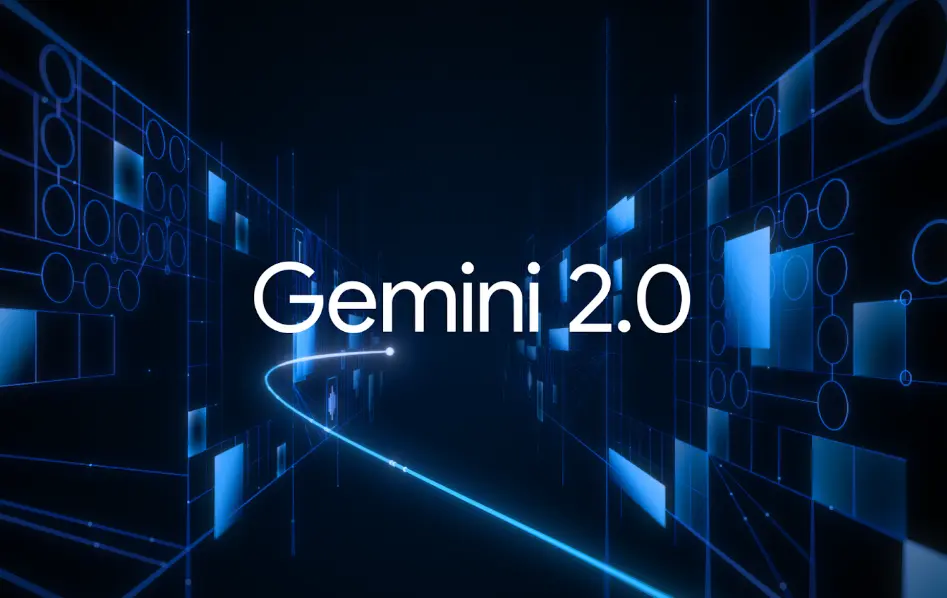Transformation of the web and power
On March 9, 2025, Paolo Benanti and Sebastiano Maffettone analyzed the transformation of the web and computational power, highlighting the centralized control of data and the ethical and political implications.

On March 9, 2025, Paolo Benanti and Sebastiano Maffettone discussed the transformation of the web and computational power in Corriere della Sera. Currently, about 6 billion people use the web, but data control is concentrated in a few platforms. Initially, the web was a libertarian phenomenon, but it has now become a centralized system. This evolution has created a new form of power, defined as computational power.
Computational power is defined more by software than by data itself. Software separates control and management from physical hardware, allowing large platforms to influence various aspects of life, including communication, culture, economy, and work. This influence has led to new forms of social control and raised significant political and ethical issues. Topics such as privacy and individual freedom have become central to public debate.
The libertarian ideal of the original web is in conflict with the growing control of digital platforms. These platforms have built their business model on the collection and commercial use of big data. This scenario raises fundamental questions about autonomy and individual rights in the era of computational power. It is essential to question how to guarantee these rights and maintain individual autonomy.
Digitalization has profoundly transformed the world. It is crucial to reflect on these new dynamics to understand the future of society. The challenge is to find a balance between technological innovation and respect for human rights, ensuring that computational power does not compromise the freedom and autonomy of individuals.




